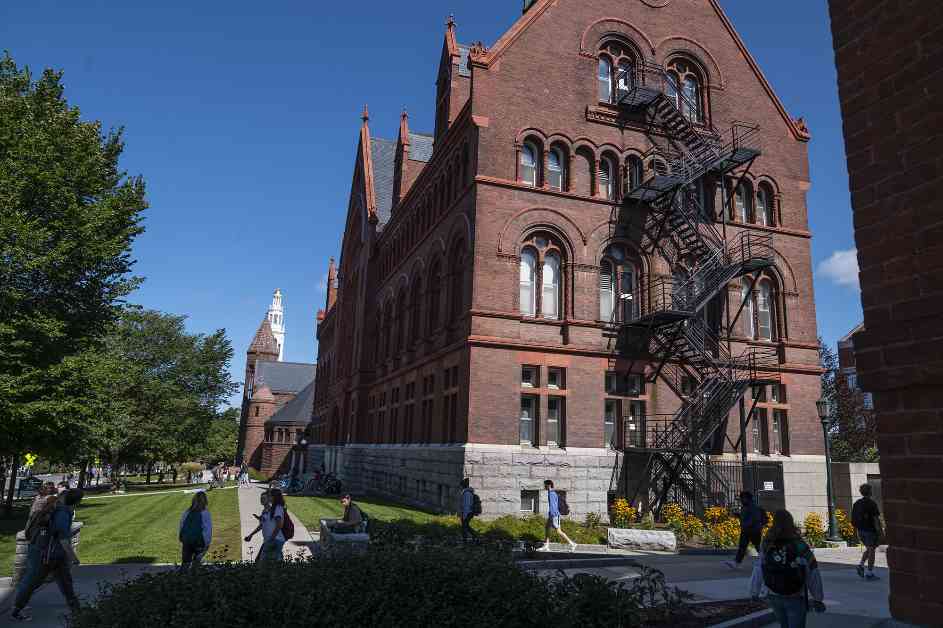A legal battle between the University of Vermont (UVM) and the graduate student union has been ongoing for nearly a year since graduate students voted to unionize. The crux of the dispute revolves around the rights of predoctoral fellows and trainees to join the union, with recent developments causing further contention.
The Vermont Supreme Court Ruling
The latest twist in this legal saga unfolded when the Vermont Supreme Court overturned a ruling by the Vermont Labor Relations Board regarding the eligibility of predoctoral fellows and trainees to join Graduate Students United. These individuals, who make up around 10% of the 600-member union, are graduate students who engage in teaching and research at UVM while receiving external financial support through grants and stipends.
In a decision authored by Justice Karen Carroll, the court noted that the labor board had not provided sufficient evidence to classify predoctoral fellows and trainees as employees under state law. As a result, the labor board was instructed to reassess the status of these individuals and present a more substantiated ruling.
According to Baxter Worthing, a spokesperson for Graduate Students United under the United Auto Workers umbrella, approximately 60 current union members are caught in limbo until the labor board issues a new determination. Worthing emphasized the importance of predoctoral fellows and trainees in contributing essential research to UVM and expressed confidence in their eligibility for union membership.
Background and Ongoing Dispute
The roots of this legal dispute can be traced back to March 2024 when graduate student workers at UVM voted to establish Graduate Students United, a decision contested vehemently by the university. UVM argued before the Vermont Labor Relations Board that graduate students did not meet the legal definition of employees in Vermont and therefore lacked the right to unionize. Additionally, the university sought to exclude specific categories of workers, including predoctoral fellows and trainees, from union membership.
Despite UVM’s objections, the labor board determined that graduate student workers, including predoctoral fellows and trainees, qualified as employees under state law, granting them the ability to form a union. However, UVM continued to challenge the inclusion of these groups within the union even after its official certification.
Following the board’s certification of the union vote, UVM appealed the decision to include predoctoral trainees and fellows to the Vermont Supreme Court, leading to the recent ruling that has left their bargaining rights in uncertainty. Worthing expressed disappointment over the precarious position of these members and the lack of clarity surrounding their inclusion in the bargaining unit due to UVM’s continued resistance.
As the legal battle between UVM and the graduate student union persists, the fate of predoctoral fellows and trainees remains in the balance, awaiting further deliberation from the Vermont Labor Relations Board. The outcome of this dispute will not only impact the immediate members involved but also set a precedent for the rights and representation of graduate student workers at UVM and beyond.









